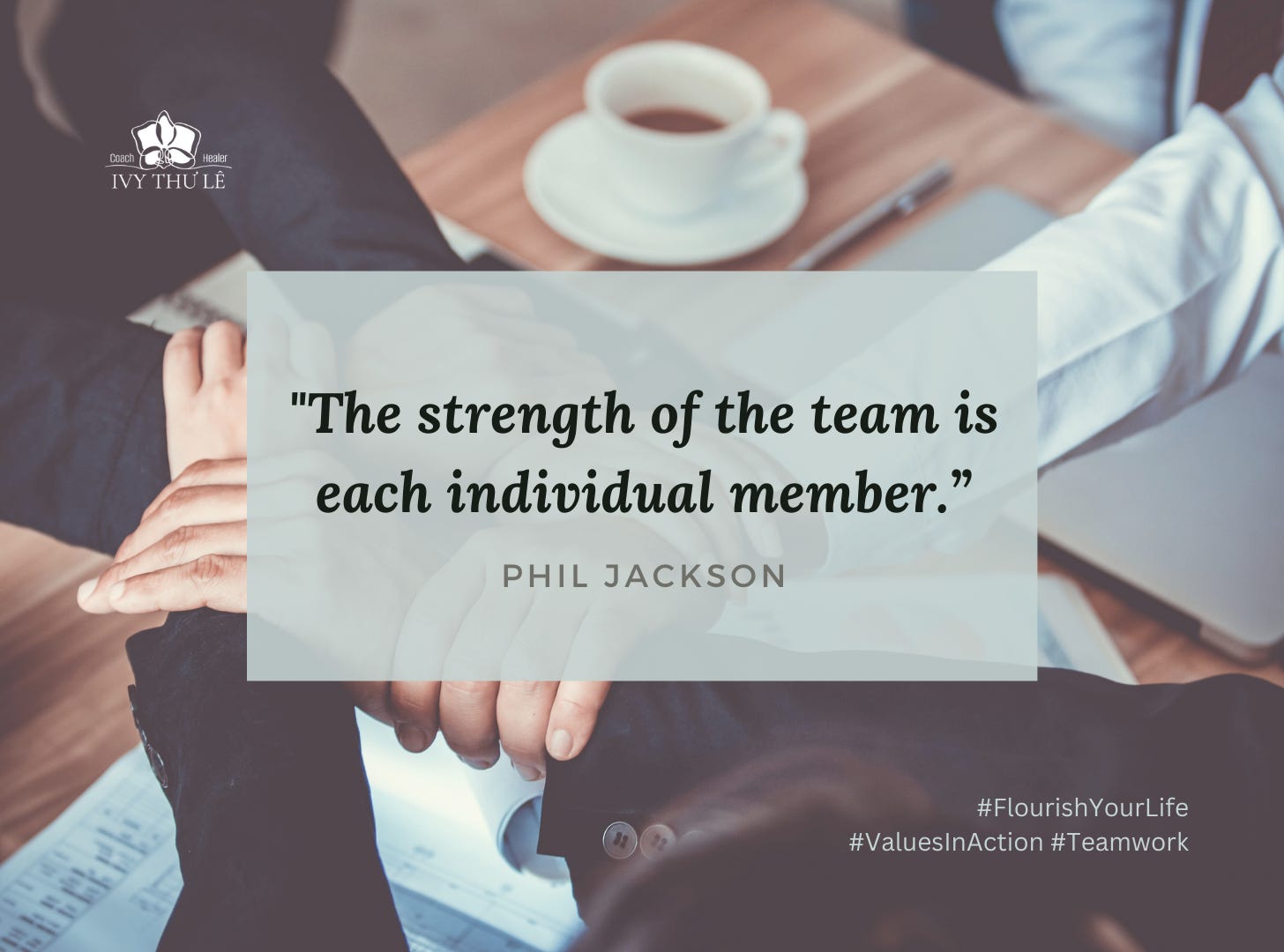10 Barriers to Teamwork
Understanding what stops or limits individual and group performance can help us build and maintain motivated, resilient, and highly effective teams. Let’s check it out?
Previous: You can lead up, down, and sideways – but can you lead yourself?

Previously, effective teams are defined real teamwork implies collaboration, communication, and acknowledgment of a common purpose. Building effective teams challenge the person who hold team leader role and also those people at the organizational role.
Looking as a whole we see how successful team is subject to the leader role but looking into a team as every member separately, an effective team will start with every single member. It’s not just about the work, how to operate effectively but also about mental and how each team member feel and engage positively.
From this point of view, understanding what stops or limits individual and group performance can help us build and maintain motivated, resilient, and highly effective teams. So it requires us to see at an individual level first.
The following 10 barriers can present themselves in real-world team environments:
Poor understanding of roles and responsibilities
Team members may not fully understand their roles and responsibilities, leading to confusion and lack of accountability.Insufficiently defined goals and objectives
Team members may not clearly identify what they are working toward, leading to uncertainty and lack of motivation.Poor decision-making processes
Teams may lack effective decision-making techniques and strategies, leading to delays and suboptimal outcomes.Resistance to change
Team members may resist change, leading to a lack of flexibility and stagnation.Lack of accountability and ownership
Team members may not feel accountable for their work and the team’s success.Lack of resources or support
Teams may not have the necessary resources and support from leadership to achieve their goals effectively.Inadequate leadership
Teams may not have effective leadership, leading to a lack of direction and guidance.Groupthink
Team members may be reluctant to challenge the opinions and ideas of others, leading to poor decision-making and an absence of creative thinking.Lack of trust and psychological safety among team members
Team members may be hesitant to share their ideas and concerns due to a lack of trust in their colleagues or fear of being judged and rejected.Inadequate communication
Team members may not be effectively communicating with each other, leading to misunderstandings and conflicting priorities.
In overall, we often assume these matters related to the organization role and leader role who take responsibilities to resolve but have you ever tried yourselves to proactively remove any barriers as said above yet? It requires all of us take ownership of what we are doing not just because of us but also our sustainable organization development. Fairly, what we give is what we take so we need to work out in parallel and 2-way.
Next: Recap Strengths of Justice
If you’re looking for a partner who could assist you on career coaching, psychological therapy on daily life or just need someone to talk and listen, please do not hesitate to reach me - https://forms.gle/WhZ68XhR3oQJcSxDA
Thư Lê (Ivy)
Positive Psychology Coach - Positive Psychology, APA Certified | ICF 70-hour ACSTH Certified Coach | Ho Chi Minh City, Vietnam
Follow: www.linkedin.com/in/ivyle
Subscribe: ivythule.substack.com (Available in English and Vietnamese, free subscription)
Reference:
[1] VIA Institute On Character. (n.d.). Retrieved from https://www.viacharacter.org/character-strengths/teamwork
[2] Positive Psychology. The Psychology of Teamwork, Jeremy Sutton Ph.D, 2023 - Retrieve from https://positivepsychology.com/psychology-teamwork/#barriers
[3] Haas & Mortensen, 2016; Steps to building an effective team, n.d.; Boogaard, 2022


